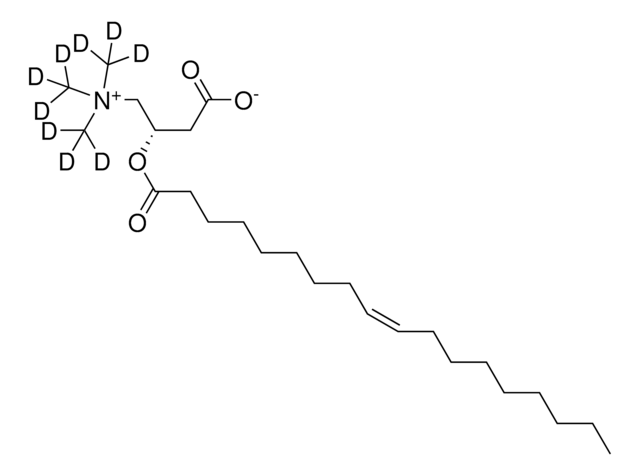ABE2889
Anti-phospho 4E-BP1 (Ser83)
serum, from rabbit
Sinónimos:
Eukaryotic translation initiation factor 4E-binding protein 1, eIF4E-binding protein 1, Phosphorylated heat- and acid-stable protein regulated by insulin 1, PHAS-I
About This Item
Productos recomendados
biological source
rabbit
Quality Level
antibody form
serum
antibody product type
primary antibodies
clone
polyclonal
species reactivity
human
packaging
antibody small pack of 25 μL
technique(s)
flow cytometry: suitable
immunocytochemistry: suitable
immunofluorescence: suitable
western blot: suitable
isotype
IgG
NCBI accession no.
UniProt accession no.
shipped in
ambient
target post-translational modification
phosphorylation (pSer83)
Gene Information
human ... EIF4EBP1(1978)
General description
Specificity
Immunogen
Application
Flow Cytometry Analysis: A representative lot detected phospho 4E-BP1 (Ser83) in Nocodazole-arrested HeLa cells (Velasquez, C., et. al. (2016). Proc Natl Acad Sci USA. 113(30):8466-71).
Immunocytochemistry Analysis: A representative lot detected phospho 4E-BP1 (Ser83) in HEK293 and U2OS cells (Velasquez, C., et. al. (2016). Proc Natl Acad Sci USA. 113(30):8466-71).
Western Blotting Analysis: A representative lot detected phospho 4E-BP1 (Ser83) in Nocodazole-arrested HeLa cells, GST-4E-BP1 treated with mitotic HeLa lysate (Velasquez, C., et. al. (2016). Proc Natl Acad Sci USA. 113(30):8466-71).
Western Blotting Analysis: A representative lot detected phospho 4E-BP1 (Ser83) in Hela cells treated with Nocodazole (Courtesy of Dr. Yuan Chang at University of Pittsburgh).
Immunofluorescence Analysis: A 1:500 dilution from a representative lot detected phospho 4E-BP1 (Ser83) in FFPE MCC tissue (Courtesy of Dr. Yuan Chang at University of Pittsburgh).
Epigenetics & Nuclear Function
Quality
Western Blotting Analysis: A 1:1,000 dilution of this antibody detected phospho 4E-BP1 (Ser83) in lysate from HeLa cells treated with Nocodazole (100 ng/mL).
Target description
Physical form
Storage and Stability
Handling Recommendations: Upon receipt and prior to removing the cap, centrifuge the vial and gently mix the solution. Aliquot into microcentrifuge tubes and store at -20°C. Avoid repeated freeze/thaw cycles, which may damage IgG and affect product performance.
Other Notes
Disclaimer
¿No encuentra el producto adecuado?
Pruebe nuestro Herramienta de selección de productos.
Storage Class
12 - Non Combustible Liquids
wgk_germany
WGK 1
flash_point_f
Not applicable
flash_point_c
Not applicable
Certificados de análisis (COA)
Busque Certificados de análisis (COA) introduciendo el número de lote del producto. Los números de lote se encuentran en la etiqueta del producto después de las palabras «Lot» o «Batch»
¿Ya tiene este producto?
Encuentre la documentación para los productos que ha comprado recientemente en la Biblioteca de documentos.
Nuestro equipo de científicos tiene experiencia en todas las áreas de investigación: Ciencias de la vida, Ciencia de los materiales, Síntesis química, Cromatografía, Analítica y muchas otras.
Póngase en contacto con el Servicio técnico







